|
During his revolutionary career, President Ho Chi Minh not only met with Russian leaders but also received and worked with Russian generals, revolutionaries, and many artists. For many Russians, meeting Uncle Ho was a magical moment in their lives, not easily forgotten, as director Roman Karmen wrote: "There are meetings that people remember for life, leaving indelible marks in their subconscious and hearts that will never be repeated . "
The memoir “Russians write about President Ho Chi Minh” with 17 memoirs has engraved the image of President Ho Chi Minh - a great, great but simple and sincere man, from the time he left to find a way to save the country until he became the leader of the Vietnamese people. Right from the first time meeting President Ho Chi Minh (then still named Nguyen Ai Quoc) in 1923, poet Oxip Mandelstam was impressed by the young man with a thin appearance, a soft, warm but extremely flexible voice, elegant style... and a strong belief in the cause of liberating his people from foreign domination, poverty and backwardness. Right from that moment, the poet of the land of birch trees saw that “From Nguyen Ai Quoc radiated a culture, not European culture, but perhaps the culture of the future”.
More than 30 years later (in 1954), when he came to Vietnam to make a documentary film called Vietnam, director Roman Karmen was surprised and admired when he encountered the simplicity and humble personality of President Ho Chi Minh: “President Ho Chi Minh was simple and humble, refused all secretaries, he read all documents himself, answered them himself, typed his articles himself. He made big, long journeys, walking or riding horses, simply chatting with farmers in the villages ”. The famous Russian director also saw his determination and strong belief in the final victory of the Vietnamese revolution: “Sitting before us was a man full of youthful energy. On his thin, dark face was a high forehead without a single wrinkle, his dark brown eyes with bright rays always attracted us. Occasionally, his friendly, tired eyes were tinged with sadness. That was when he talked about the unimaginable suffering that his people had endured, about the countless sacrifices and losses, about the savagery and cruelty of the enemy"; "Comrade Ho Chi Minh carried with him throughout his life the burning belief that the Vietnamese people would gain freedom and independence in the struggle against colonialism".
President Ho Chi Minh and the Soviet film crew in Viet Bac (Director Karmen sits on the far right). |
Translating President Ho Chi Minh's "Prison Diary" into Russian, poet Pavel Antokolxki spent a lot of effort to learn about the revolutionary life of the Vietnamese national leader. And he came to the conclusion: "If any contemporary novelist sets out to describe the entire fierce but also wonderful century of ours and finds a character, of course a positive one - a true knight, who from his teenage years has entered the path of fighting against injustice and evil - that novelist will probably find in the life of President Ho Chi Minh a valuable and unique document."
His charm, charisma and ability to influence people were not only in his leisurely, composed demeanor; his refined, measured behavior of a diplomat; but also in his profound, sensitive and extremely profound intelligence. Major General Grigori Belov (former head of the Soviet military expert delegation in Vietnam from 1965 to 1967) recounted his first impression of meeting him: “ I listened attentively and observed when comrade Ho Chi Minh spoke. His simple, conversational speech, his simple way of dressing, his intelligent gaze, and the absence of anything superfluous in the image of the leader of the Vietnamese people - all of these things conquered me the moment I stood next to him. Even his handshake was so warm, enthusiastic and friendly .” Cultural researcher Nikolai Nikulin, who was fortunate enough to meet President Ho Chi Minh many times, wrote: “The wonderful meeting with Uncle Ho brought to my soul joy and radiance, a feeling of affection and care from a great man, whom I was used to seeing in portraits or in documentary films, a feeling of gratitude welling up within me .”
There is a common point in the memories of Russians who met President Ho Chi Minh: they all felt that, deep in his heart, he always had a sincere and profound love for Russia and the Russian people. He spoke the Russian language fluently, understood Russian customs and culture. President Ho Chi Minh always emphasized that: The Vietnamese people will never forget that the victory that the Vietnamese people achieved was inseparable from the great help of the Soviet people and the great solidarity of the Russian people. When President Ho Chi Minh passed away, the Russian people mourned him very much. " In my memory, I always keep the image of a gentle man, a steadfast soldier for the happiness of the Vietnamese people, dedicating his whole life to that struggle... Today, Vietnam is free! The great cause that President Ho Chi Minh devoted his whole life to has triumphed. Many squares in our Soviet cities are named after him... His memory lives forever in the hearts of the Soviet people ", wrote astronaut Gherman Titov (Chairman of the Soviet-Vietnamese Friendship Association from 1966 to 1991).
THANH NGUYEN
Source: https://baokhanhhoa.vn/van-hoa/202505/chu-tich-ho-chi-minh-trong-ky-uc-nguoi-nga-c25395e/


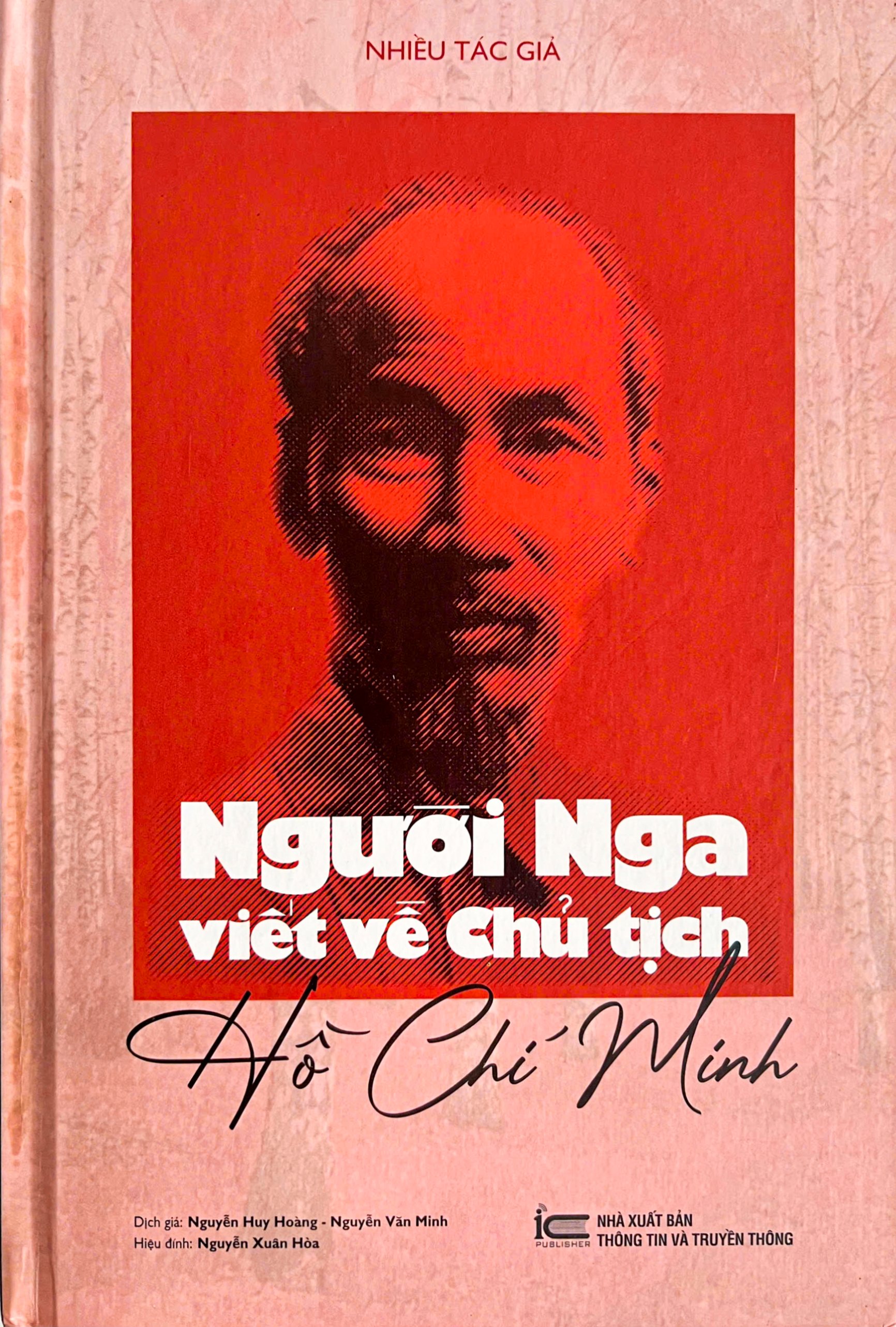
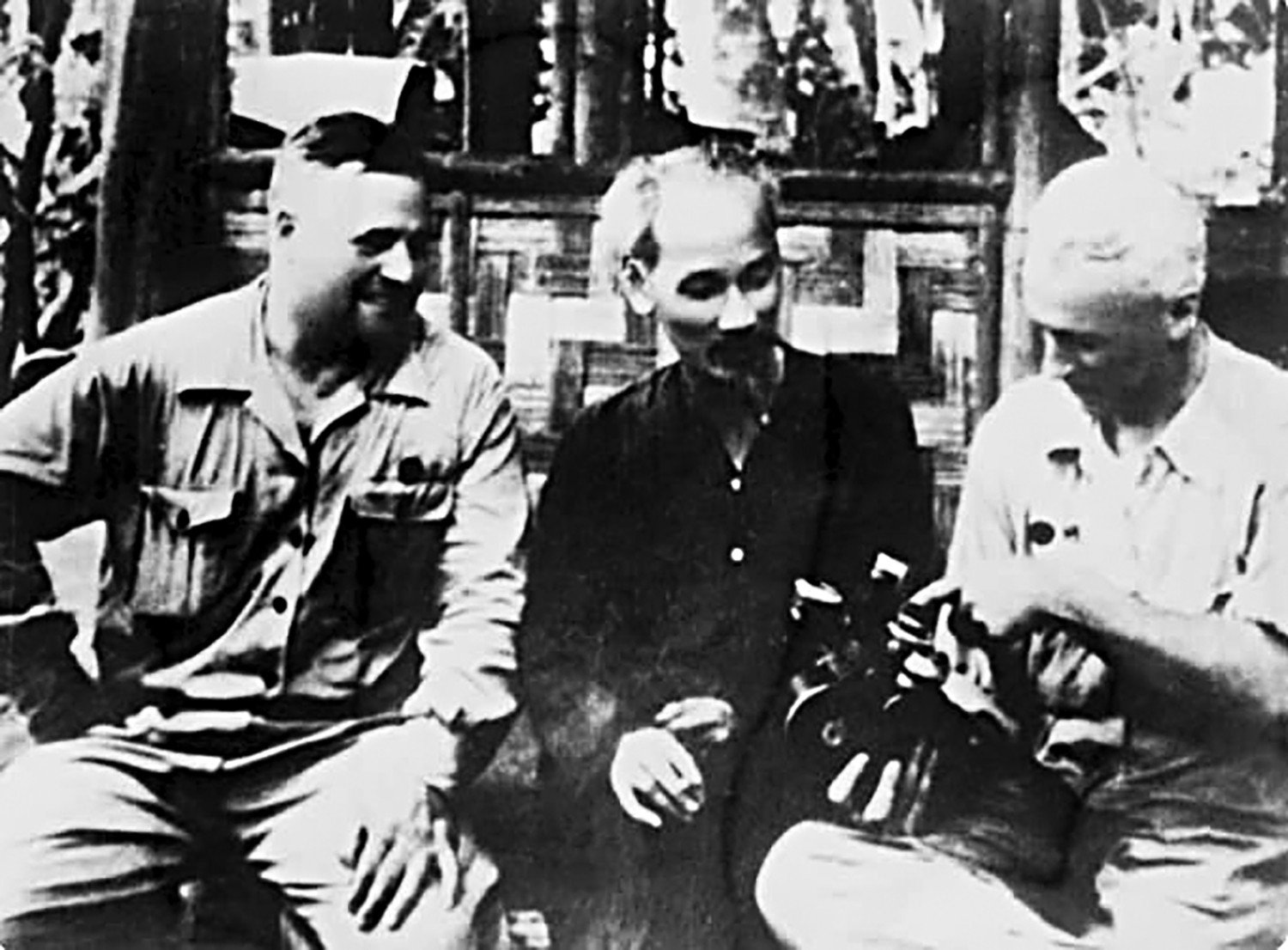

![[Photo] Special flag-raising ceremony to celebrate the 135th birthday of President Ho Chi Minh](https://vphoto.vietnam.vn/thumb/1200x675/vietnam/resource/IMAGE/2025/5/19/1c5ec80249cc4ef3a5226e366e7e58f1)

![[Photo] Party and State leaders visit President Ho Chi Minh's Mausoleum](https://vphoto.vietnam.vn/thumb/1200x675/vietnam/resource/IMAGE/2025/5/19/d7e02f242af84752902b22a7208674ac)
![[Photo] Party and State leaders attend the special art program "You are Ho Chi Minh"](https://vphoto.vietnam.vn/thumb/1200x675/vietnam/resource/IMAGE/2025/5/18/6895913f94fd4c51aa4564ab14c3f250)
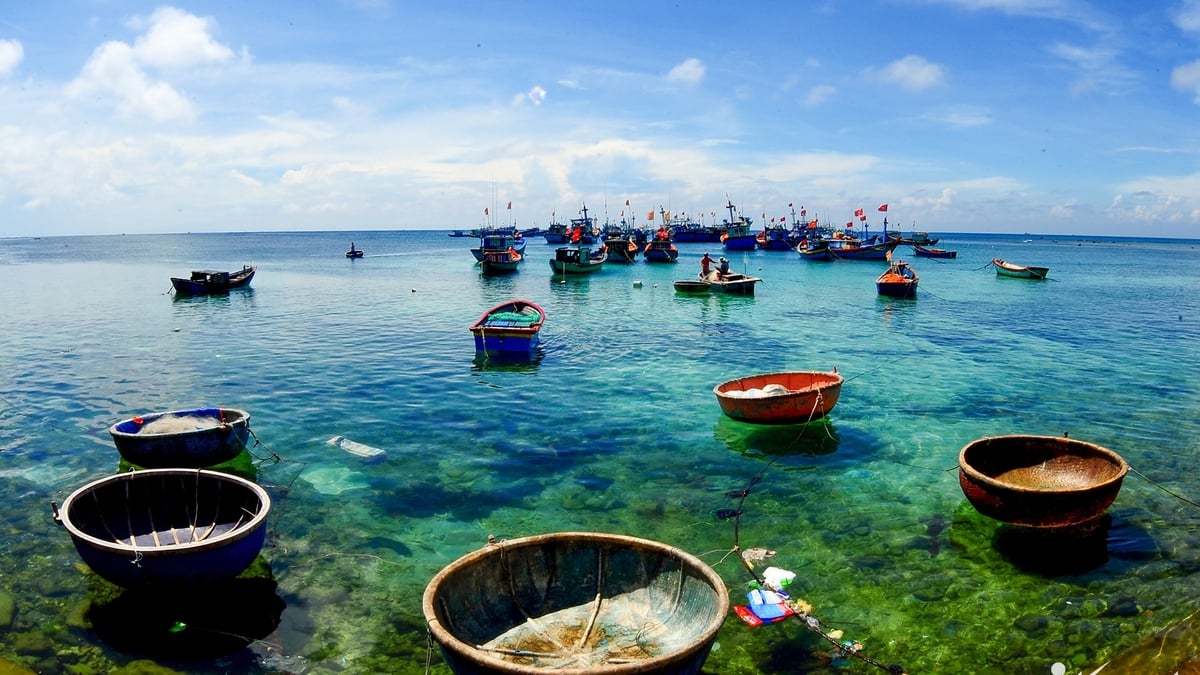
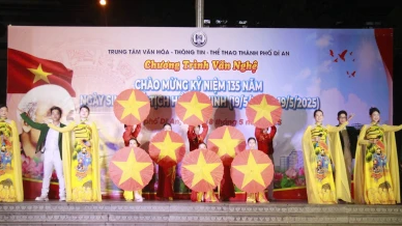

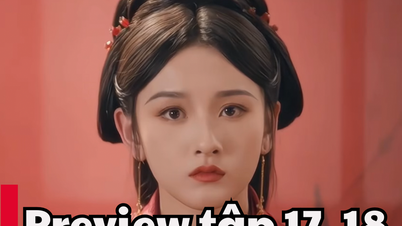

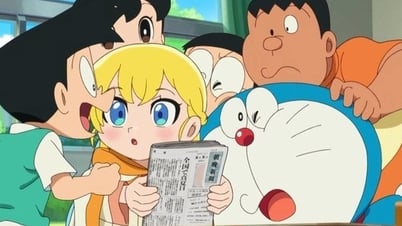



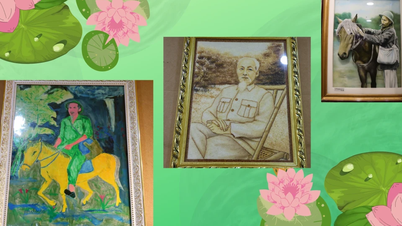

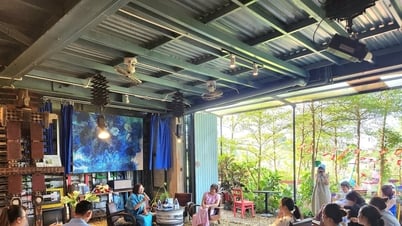





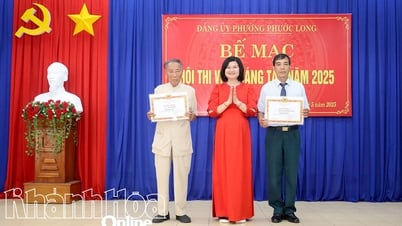
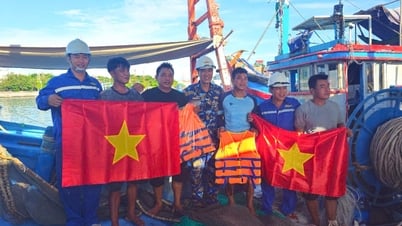
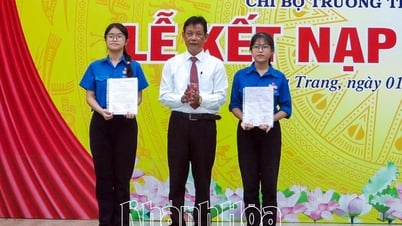
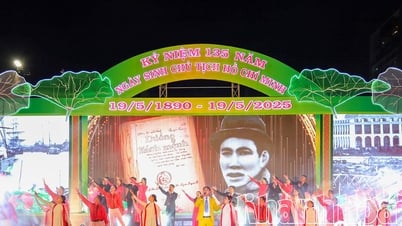
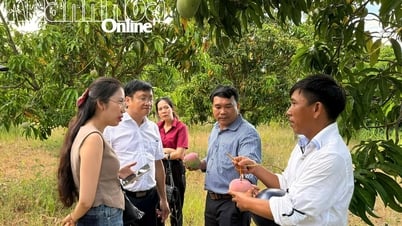
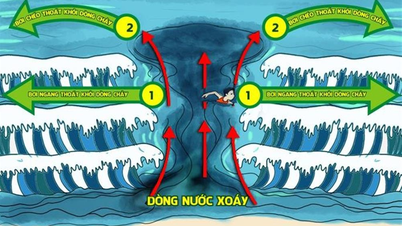
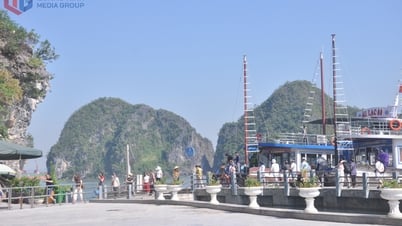














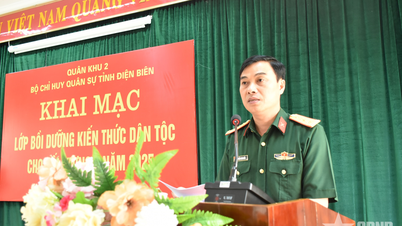




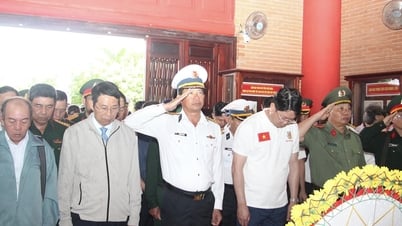

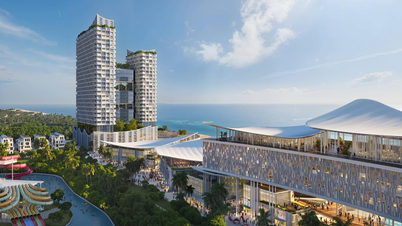

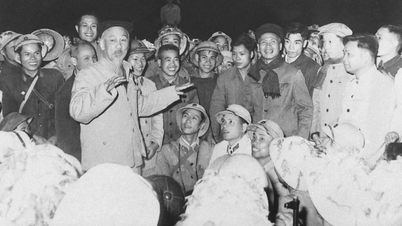

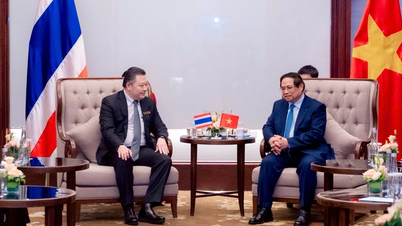
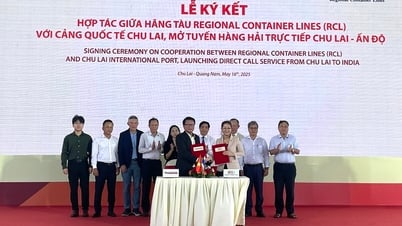





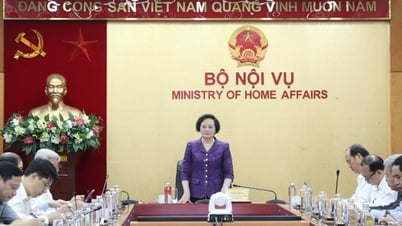

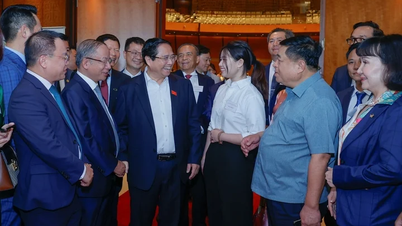


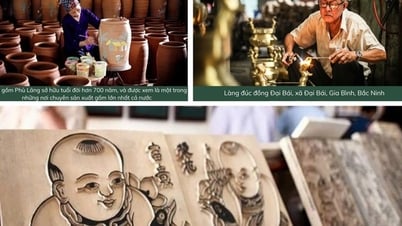
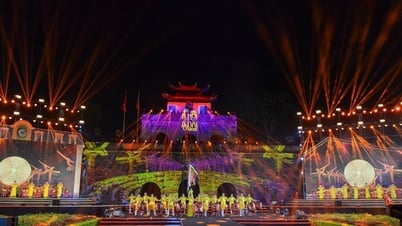
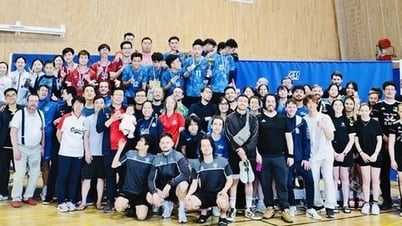
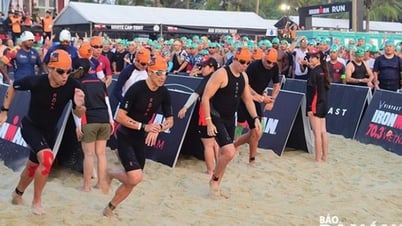
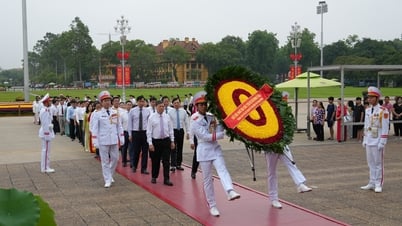

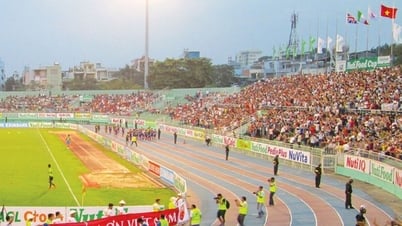

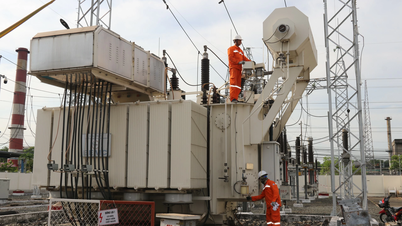

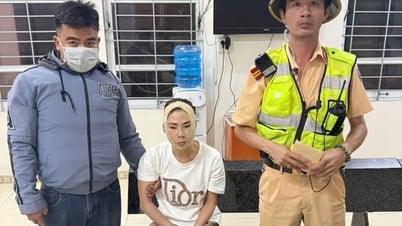

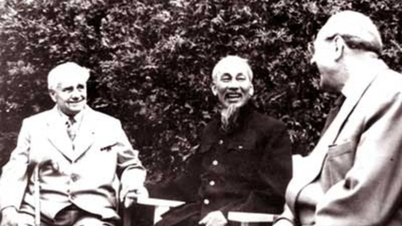

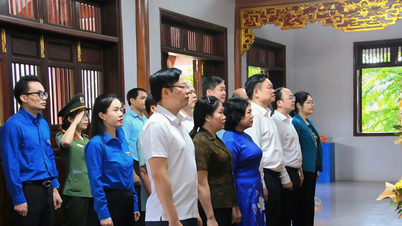








Comment (0)